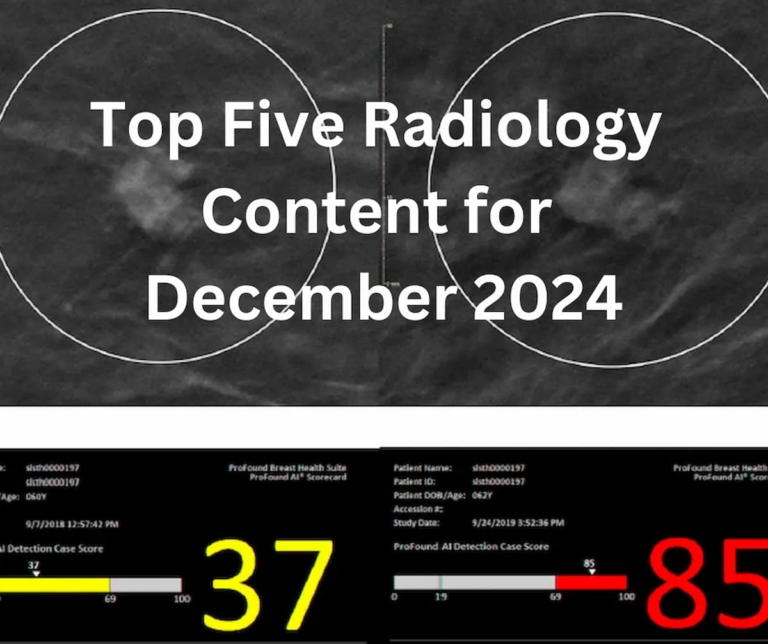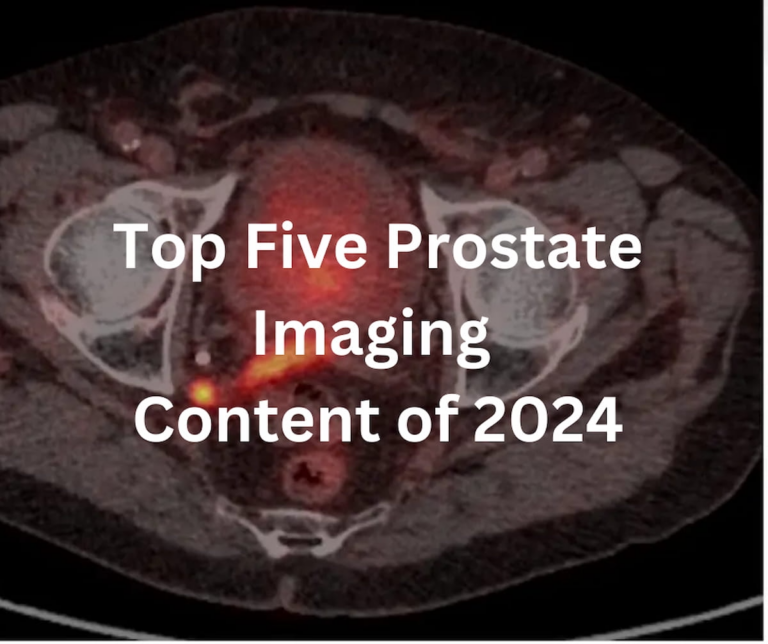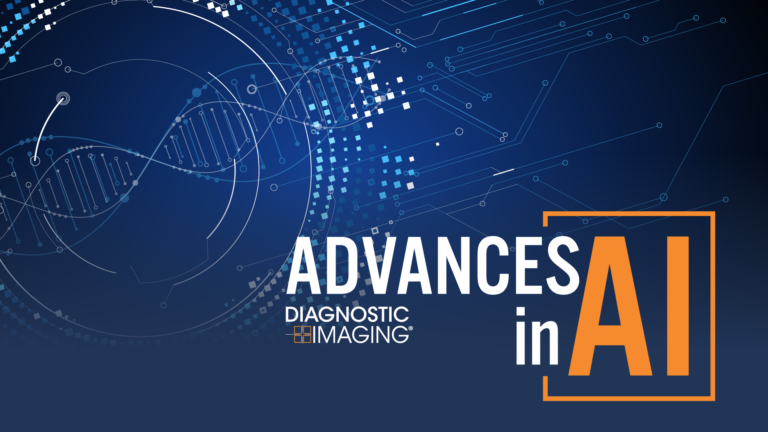
Can the implementation of deep learning lead to faster turnaround times for knee magnetic resonance imaging (MRI) without an adverse effect on diagnostic quality? In a study presented at the recent RSNA conference, researchers compared conventional MRI to three deep learning-enabled fast MRI protocols comprised of twofold, fourfold and sixfold compressed sequences. The cohort was comprised of 100 patients, with an average age of 55. Blinded to the standard MRI protocol, four radiologists (ranging from five to 21 years of experience) assessed 12 zones per patient via the deep learning fast MRI protocols for determining the presence of meniscal, tendon and ligament tears as well as bone marrow or chondral lesions, according to the study.
Here’s a side-by-side comparison of one knee MRI (A) and subsequent MRI scans taken at 2x (B), 4x (C) and 6x (D) reductions in acquisition time for a 63-year-old woman with a large meniscal tear. Recent research presented at the RSNA conference revealed that deep learning enabled twofold and fourfold faster knee MRI without a significant decline in diagnostic accuracy.
In comparison to the 18-minute standard MRI, which detected structural abnormalities in 344 out of 1200 total zones, the study author found that the twofold fast MRI protocol (completed in 10 minutes) provided 99 percent sensitivity (340/344 zones) and 99 percent specificity (854/856 zones). The fourfold fast MRI protocol (completed in five minutes) offered 98 percent sensitivity (336/344) and 99 percent specificity (849/856), according to the study. Research findings showed the sixfold fast MRI protocol had significant lower sensitivity and specificity at 78 percent and 80 percent respectively.
Deep learning twofold and fourfold MRI protocols allowed (reduction of) acquisition time with respect to standard MRI protocol without a significant drop of diagnostic accuracy, wrote study author Giovanni Foti, M.D., who is affiliated with the Department of Radiology at the IRCCS Sacro Cuore Hospital in Negrar di Valpolicella in Italy.
Not only could the deep learning protocols reduce motion artifacts and enhance patient comfort, Dr. Foti said the increased efficiency may result in broader access to knee MRI exams and more timely treatment. Having shorter protocols (for knee MRI) could increase the number of people scanned and, more importantly, speed up access to diagnosis and thus treatment, maintained Dr. Foti.
Diagnostic accuracy of multiple fast deep learning-based MRI protocols in diagnosing structural injuries of the knee: comparison with standard MRI protocol. 1. Foti G. Poster presented at the Radiological Society of North America (RSNA) 2024 110th Scientific Assembly and Annual Meeting Dec. 1-5, 2024. Available at: https://www.rsna.org/annual-meeting.


